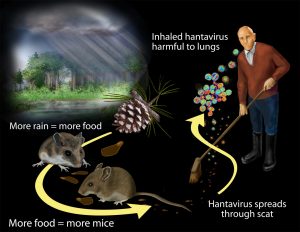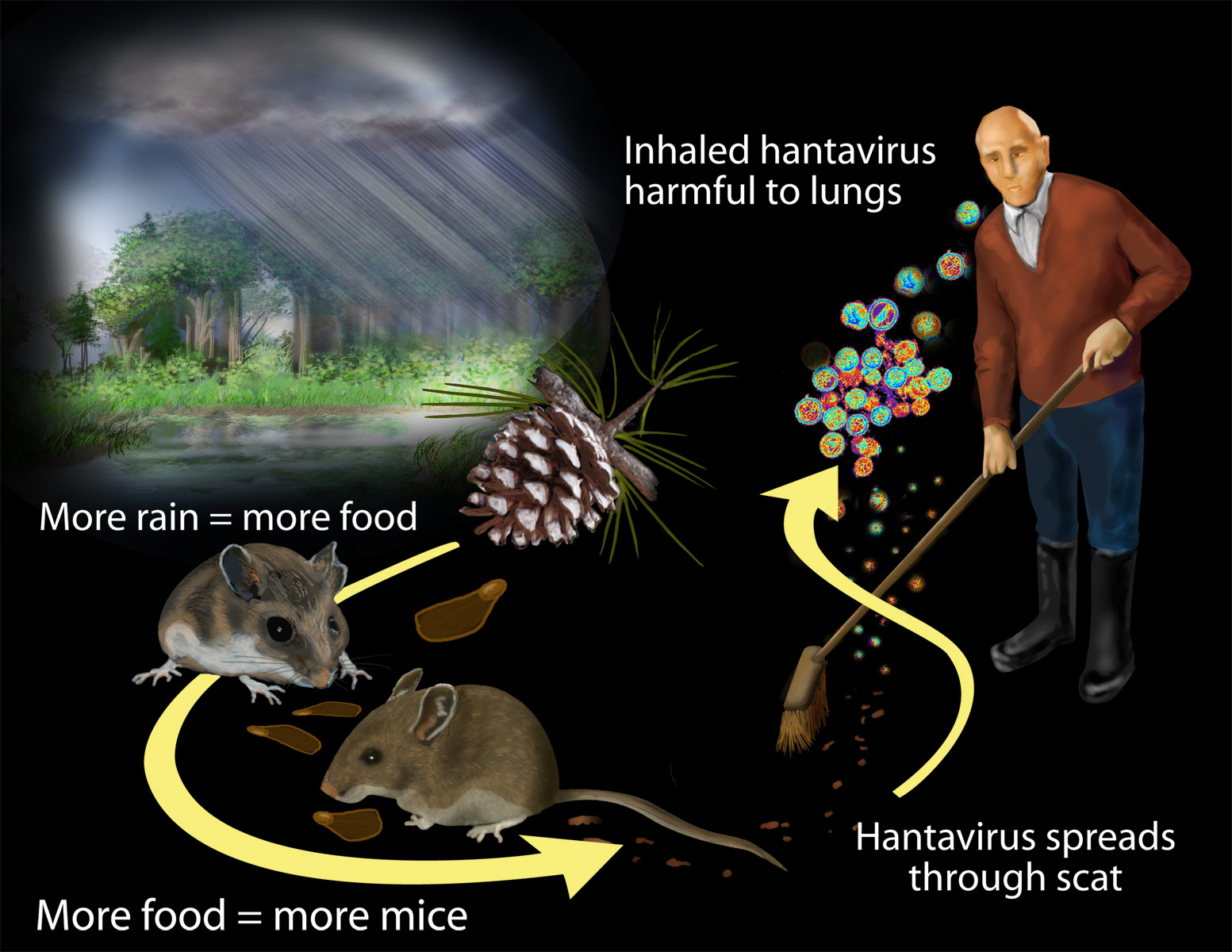As if the infectious and deadly coronavirus was not enough to cause havoc on mankind, a new virus has been discovered once again in China, which is being called the Hantavirus. In Southwest China and its’ Yunnan province a man was said to have been infected by the new virus. He however died on his way to the hospital tweeted China’s Global Times. The bus in which he was travelling to work had another 32 people who are currently being tested for the same infection since they had come in contact with the deceased and infected man.
The world which was already in a state of panic due to the COVID- 19 pandemic is now shaken once again with this new threat of another deadly virus. Scientists the world over are pushing their limits to find a quick cure to the COVID – 19 and now are being challenged with this new outbreak
The statistics of Coronavirus reveal the loss of 16.587 lives so far and 3,83,908 infected people
Hantaviruses as explained by the CDC or the Centre for Disease Control and Prevention is a family of viruses which are spread largely by rodents and cause different

As per the Centre for Disease Control and Prevention (CDC), “Hantaviruses are a family of viruses spread mainly by rodents and can cause a variety of disease symptoms in different people all over the world. HPS or Hantavirus Pulmonary syndrome or HRFS or haemorrhagic fever with renal syndrome are the two varieties this virus. It is referred to as the “New World “Hantaviruses in American and the “Old World “in Asia and Europe.
The basic difference between the Coronavirus and the Hantavirus is that it does not spread through human contact .It spreads only after you touch rodent urine their droppings and the places they inhabit and then go on to touch your mouth, nose and eyes.
You must take great care to avoid the risk and spread of this infection by keeping your house and its surroundings clean and rodent free. If you are dusting and cleaning a rodent infected area then the air particles will carry the infection which you may then inhale, therefore it is best to avoid dusting of rodent infected areas.
The symptoms of both the varieties of Hantavirus infection can be grouped under early and late symptoms. Although they are different for each type, the common ones are: muscle ache, fever, fatique, accompanying chills, stomach ache, dizziness and headache. The above are bracketed under early symptoms, which are then followed by late symptoms which include fluid filled lungs, shortness of breath, acute shock, low blood pressure, acute kidney failure and ultimately death if not controlled in the early stages.





